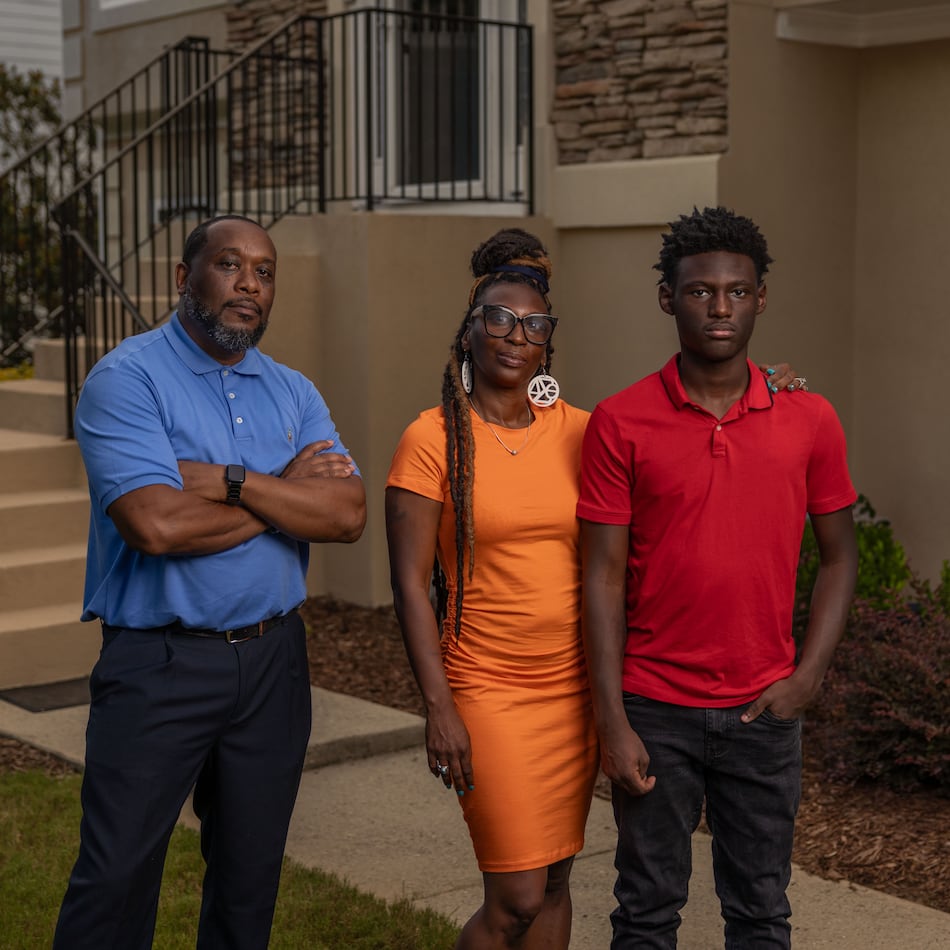As state lawmakers and Gov. Brian Kemp worked to get tort reform across the finish line earlier this year, a Georgia courtroom announced one of the highest monetary verdicts in a case, sounding off as the latest canary in the coal mine.
Recently, a Cobb County jury ordered Bayer to pay nearly $2.1 billion in damages in a single case related to its Roundup weedkiller. This isn’t an isolated incident.
Georgia ranks among the nation’s Top 4 states for “nuclear verdicts” — awards of $10 million or more — in personal injury cases, awarding 64 such verdicts 2013 to 2022. During that period, $6 billion total was awarded to plaintiffs, with a $24 million median award.
It’s not just the companies involved who are slammed by these nuclear verdicts. Each Georgia resident pays a $1,415 “tort tax” annually because of excessive tort costs — that’s nearly $5,700 for a family of four. It’s also a 27% increase when compared with 2021, and now costs the state nearly 135,000 jobs annually.
When unpredictable court rulings and jackpot justice drive up the price of doing business in Georgia, everyone pays.
This is what the new tort reform law does
Credit: American Torts Reform Association
Credit: American Torts Reform Association
Several issues lead to these high-dollar verdicts, including courts that allow damages based on inflated medical bills that were never actually paid, known as “phantom damages.”
Trial lawyers also often suggest sky-high numbers to juries as a starting point, a tactic called “anchoring,” as was the case with the recent Roundup verdict.
Thankfully, state leaders noticed and took bold action this year. Gov. Brian Kemp made civil justice reform his top priority for 2025, and lawmakers delivered with two landmark bills signed into law in April.
Senate Bill 68, now law, tackles some of the worst abuses head-on. It curbs problematic “phantom damage” awards and “jury anchoring,” as well as ensures juries hear critical evidence, like whether a seat belt was used in cases involving vehicle crashes.
The bill also reins in premises liability, so businesses aren’t automatically on the hook for unforeseeable crimes committed by third parties on or near their properties. These types of cases have resulted in some of the most eye-popping nuclear verdicts in Georgia in recent years.
Another new law, (SB 69), brings transparency to third-party litigation financing so outside investors can’t secretly bankroll lawsuits in hopes of a windfall.
These reforms are a victory for fairness, transparency and the rule of law.
But laws alone can’t fix Georgia’s civil justice system. Although the governor and Legislature delivered on their promise of reform, the ball is now in the judiciary’s court.
Georgia residents deserve a predictable legal system
Georgia’s courts long have been under the microscope — and for good reason. For two consecutive years, the state topped the American Tort Reform Foundation’s “Judicial Hellholes” list. Thanks to the governor’s commitment to reform, Georgia dropped to fourth this year.
Now, the onus is on judges to uphold these reforms, restore balance to Georgia’s courtrooms and ensure verdicts reflect true justice — not emotion or bias.
The state’s reputation as a great place to live, work and do business depends on a predictable and fair legal system.
Every Georgian deserves a level playing field, whether they’re seeking justice or defending against unfounded claims. It’s time for Georgia’s judges to enforce these new laws and extinguish the state’s “Judicial Hellhole” status once and for all.
Lauren Sheets Jarrell is vice president and counsel for civil justice policy at the American Tort Reform Association.
About the Author
Keep Reading
The Latest
Featured




